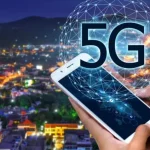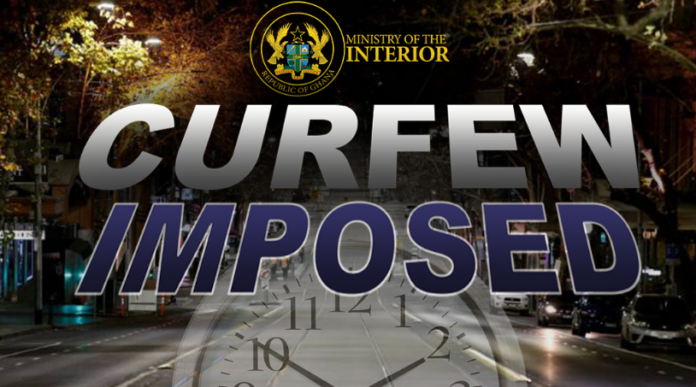Six million children below the age of five will be vaccinated against polio after the detection of the virus in Koforidua.
The vaccination campaign begins today [Thursday, October 17] across all 16 regions.
During the launch, the Eastern Regional Health Director, Winfred Ofosu, noted that the nation is at a critical time to decisively eliminate the virus from the environment.
“We are at a critical stage in the fight against polio, a disease that once struck fear into the hearts of families around the world. Polio, a paralyzing and life-threatening illness, primarily affects children under five, leaving them with lifelong disabilities and, in some cases, leading to death. For decades, this virus has stolen the dreams and futures of many. But today, thanks to vaccines, we are closer than ever to consigning polio to the history books”.
Speaking at the event was also the Director General of the Ghana Health Service, Dr. Patrick Kumah Aboagye, who noted that the primary goal of the oral polio vaccine launch is to bolster population immunity and prevent the virus from spreading from the environment to humans.
“We will do the vaccination in two rounds. The first will be on October 17, and the second round will be in November. We want to stop the spread from the environment to humans while improving our immunity gap,” he said.
Meanwhile, World Health Organization Officer Dr Frank John Lule stated that while 99 per cent of polio incidents have been reduced globally since 1988, it is crucial to avoid complacency in vaccination efforts.
The Eastern Regional Minister, Seth Acheampong, reaffirmed the government’s commitment to prioritizing the health of its citizens.
“In our pursuit of a polio-free Ghana, the role of government, both at the national and regional levels, cannot be overemphasized. But our efforts must go beyond policies and strategies. We need the active collaboration of everyone here today—Parents, Health Workers, Traditional Leaders, Civil Society Organizations, and Development Partners. It is through collective action that we will ensure that no child is left behind in our immunization campaigns, and no community remains vulnerable to the scourge of polio,” he said.
The type 2 strain of the polio virus is one of three serotypes that can cause poliomyelitis, a highly infectious disease.
Although the type 2 strain has been eliminated in most parts of the world due to successful vaccination campaigns, it can still resurface in areas with low vaccination coverage and poor hygiene.
The case detected in Ghana has been linked to a transit case from Algeria through Koforidua.
















